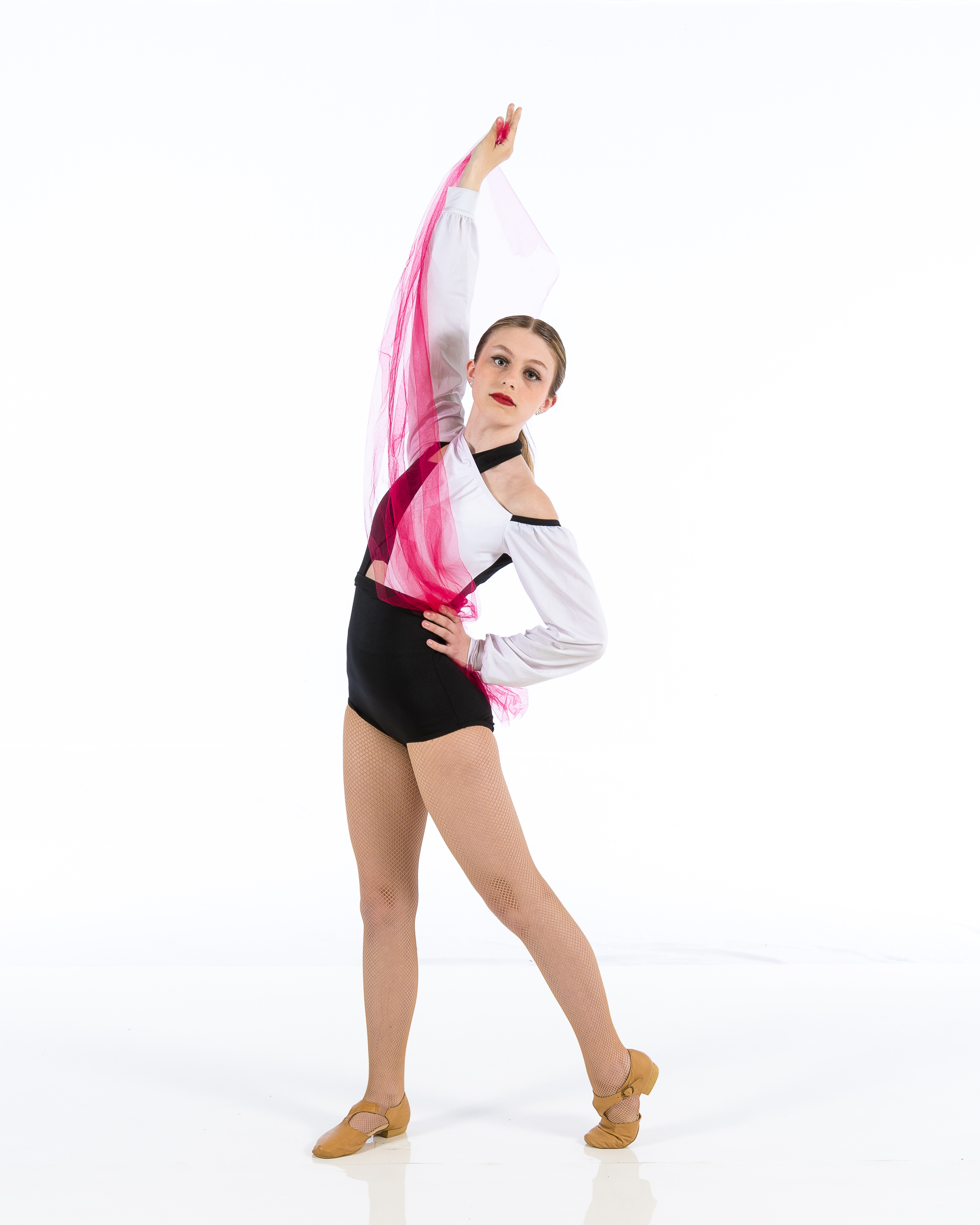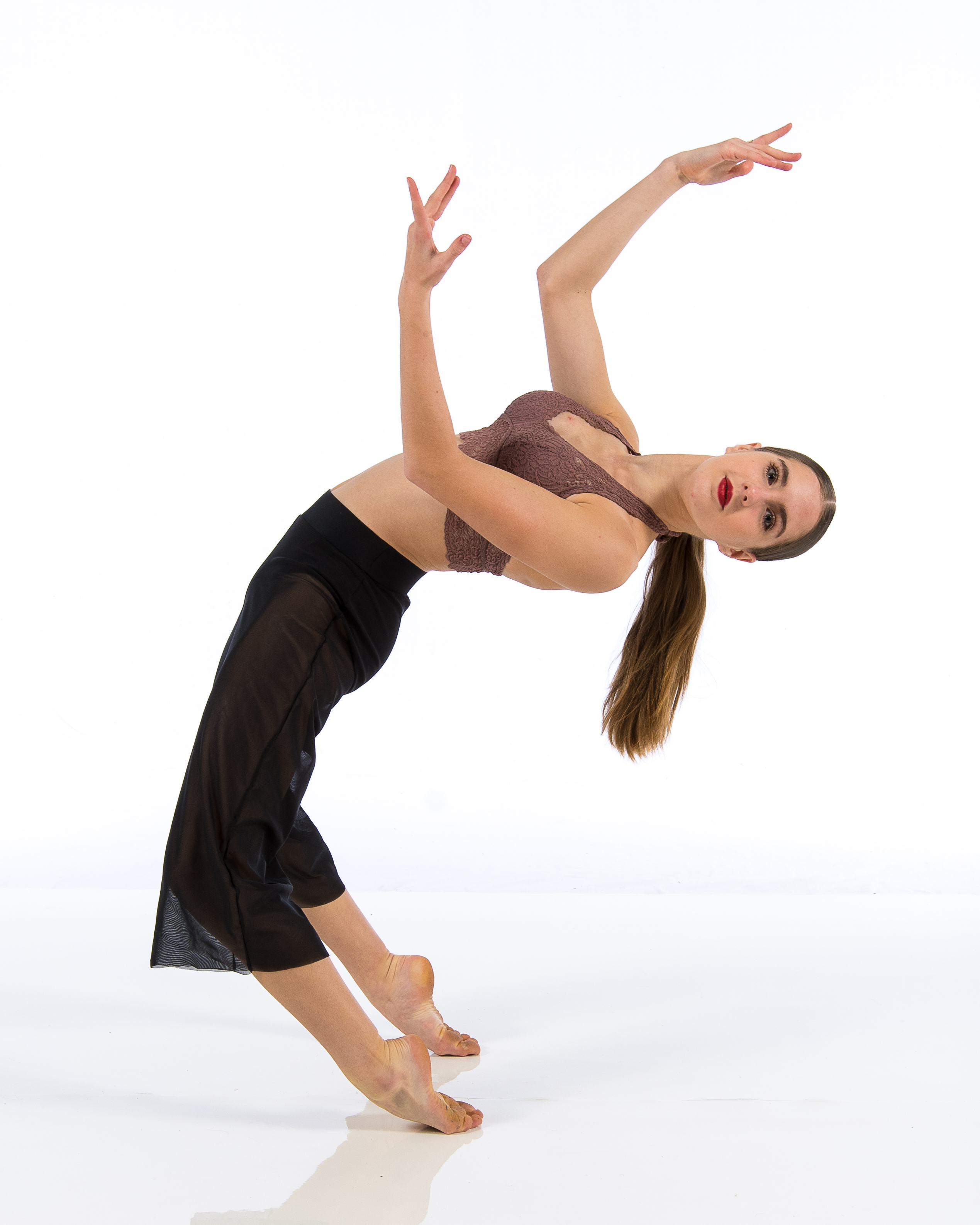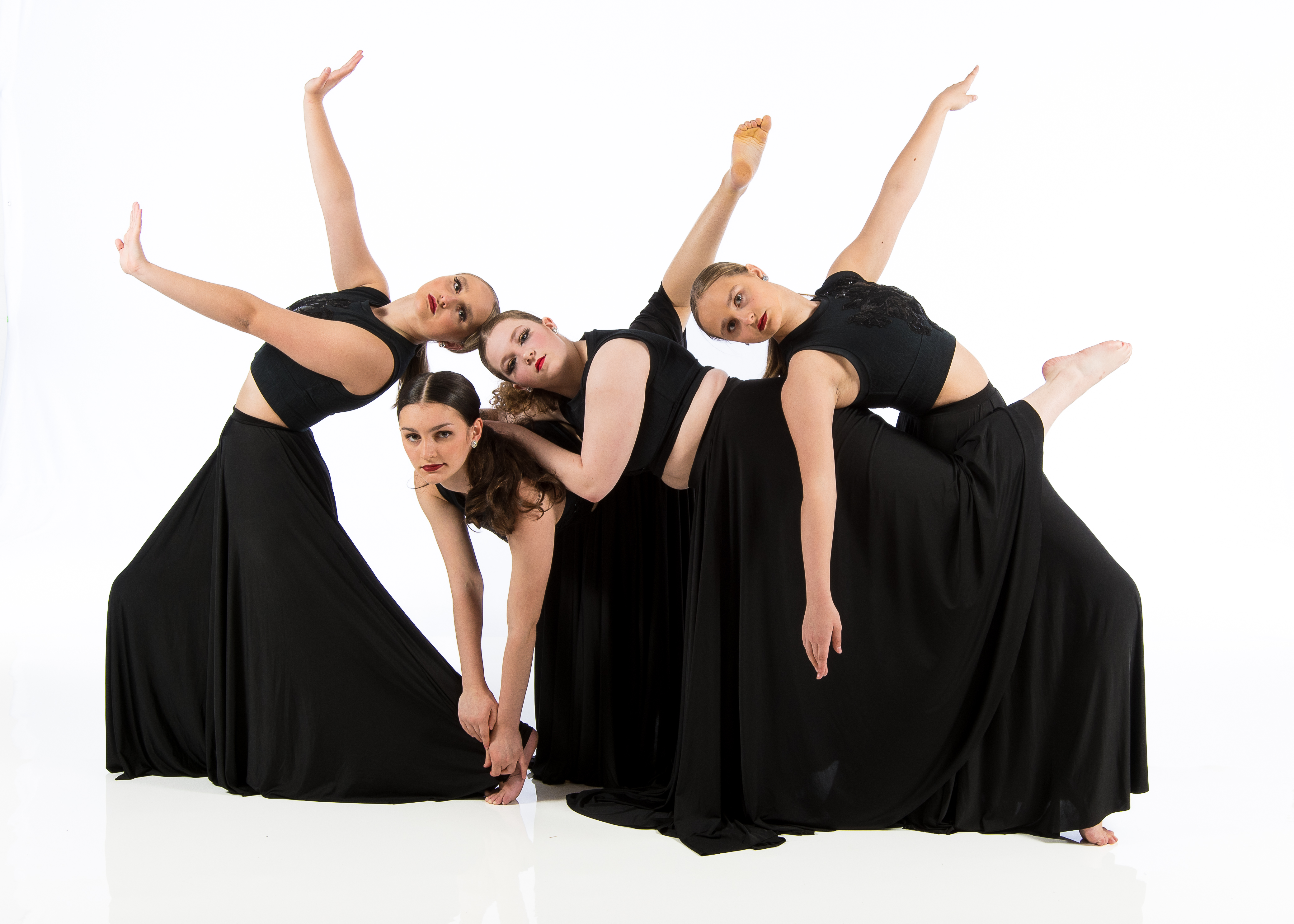Introduction
Dance is an art type that transcends barriers, unites neighborhoods, and bursts with the vitality of human expression. Whether you're a budding dancer entering a dance studio for the very first time or a seasoned entertainer aiming to improve your craft, recognizing dance studio etiquette is important for making certain a positive experience. This comprehensive overview labelled From Amateur to Specialist: Navigating Dance Studio Rules for a Harmonious Experience will take you with every aspect of dance studio behavior, offering insights that will elevate your experience and foster stronger relationships within the dancing community.
Understanding Dance Studio Etiquette
What is Dance Studio Etiquette?
Dance workshop etiquette refers to the set of customs and social norms that regulate actions in a dancing class setting. Just like any other imaginative setting, valuing these standards can boost not only your understanding experience however additionally that of your peers.
Why is Dance Studio Rules Important?
Adhering to proper etiquette aids develop an environment of respect, focus, and partnership. It fosters a sense of neighborhood and allows professional dancers to support each other in their growth while reducing disturbances throughout class.

From Newbie to Professional: The Significance of First Impressions
Preparing for Your Very first Class
Walking right into a dance studio for the very first time can be nerve-wracking. To make a remarkable first impression:
- Dress suitably: Use comfy clothes ideal for the type of dance you're studying. Arrive early: Goal to get to least 10-- 15 mins prior to course begins. This provides you time to check in, heat up, and resolve in.
Greeting Your Instructor
A friendly welcoming sets the tone for your experience. Constantly present yourself if it's your first class! A simple "Hey there" or "Greetings" can go a long method in developing rapport.
Classroom Conduct: The Do's and Do n'tshtmlplcehlder 46end.
Do's: Positive Behaviors
Be Respectful: Respect everyone's individual area-- specifically when exercising moves. Listen Proactively: Show listening when instructors are speaking; it reveals you value their guidance. Support Your Peers: Urge fellow professional dancers; positivity types encouragement.Don'ts: Negative Behaviors
Avoid Distractions: Maintain personal discussions outside the classroom. Don't Usage Your Phone: Silence your phone throughout class; it's disruptive. Refrain from Interrupting: Wait until the instructor coatings before asking questions.The Function of Personal Area in Dance Studios
Understanding Boundaries
Personal space differs from one person to another, specifically in a dance setup where physical closeness is usually necessary during technique routines.
Communicating Convenience Levels
If you feel awkward with exactly how close one more professional dancer is obtaining throughout partnered exercises or formations, it's crucial to connect this pleasantly and professionally.
Maintaining Expertise: Dress Code and Grooming
Importance of Correct Attire
Each dance style usually has its own outfit code-- whether it be leotards for ballet or baggy garments for hip-hop classes-- sticking to these standards shows regard for both your craft and your instructor.
Personal Hygiene Matters
Dancing requires physical exertion, which can result in sweat. Guarantee you maintain excellent hygiene by bathing prior to course and using tidy attire.
Behavior Throughout Course: Concentrating On Learning
Engaging with Instruction
It's vital to stay focused during demos. Rather than simply seeing, actively engage by envisioning how you would carry out each movement.
Asking Questions Appropriately
Curiosity boosts learning! If something isn't clear, do not hesitate to ask concerns-- yet guarantee they matter and postured at ideal times (preferably after guidelines).
Feedback: Accepting Useful Criticism
Accepting Comments Gracefully
Constructive criticism is part and parcel Dance Academy of growth in any art type. Accept comments with an open mind and stay clear of coming to be defensive; keep in mind that review aims to assist enhance your skills!
Offering Comments Thoughtfully
When providing responses to peers, ensure it's constructive instead of important; focus on what they did well along with areas for improvement.
Creating Harmony Through Teamwork
The Importance of Team Spirit
In numerous dancing styles, synergy plays an essential role; developing camaraderie with fellow professional dancers causes enhanced performances.
Collaborating During Group Exercises
When associated with group projects or choreography techniques, motivate creative thinking by appreciating every person's concepts while additionally adding yours constructively.

Handling Disputes Gracefully
Addressing Arguments Maturely
Conflict may develop as a result of misunderstandings or differing opinions on choreography choices. Deal with these issues privately instead of openly airing complaints which could disrupt course harmony.
Seeking Mediation When Necessary
If disputes intensify past individual resolution initiatives-- seek assistance from teachers that can mediate efficiently based upon their experience taking care of similar situations.
Post-Class Rules: Leaving on a Good Note
Thanking Trainers After Class
Always express gratitude towards your trainer after lessons; this strengthens favorable connections while acknowledging their tough work!
Keeping the Workshop Clean
Whether it's picking up water bottles or neatly arranging props post-class-- maintaining cleanliness shows respect for common rooms utilized by all dancers!
Engaging Beyond Course Time: Building Neighborhood Relationships
Joining Social Events
Participate in get-togethers organized by studios such as displays or open residences-- these gatherings supply opportunities for networking while enhancing neighborhood connections outside structured lessons!
Supporting Other Dancers' Performances
Attending peers' performances shows uniformity within the dance neighborhood-- it urges engagement past simple attendance at classes!

Frequently Asked Questions (Frequently asked questions)
1. What ought to I wear for my initial dancing class?
Choose comfy clothes appropriate for the particular design you're taking (e.g., leotards for ballet). Always ask about outfit codes beforehand!
2. Is it alright to chat throughout class?
It's ideal method not to engage in side conversations during instruction as this distracts both instructors & & fellow pupils alike!
3. Exactly how do I deal with feeling overwhelmed?
Take deep breaths & & remind yourself that every professional dancer started somewhere! Connect any fight with teachers who might give additional help if needed!
4. Suppose I differ with choreography choices?
Express worries pleasantly either independently or within marked responses sessions as opposed to freely critiquing during rehearsals; maintaining professionalism and trust assists solve arguments amicably!
5. Must I bring water into the studio?
Absolutely! Remaining moisturized enhances efficiency levels; simply make sure containers are firmly closed so spills don't take place on floorings where others are dancing!
6. Just how vital is punctuality?
Preparation is vital as arriving late interrupts focus levels while creating diversions; objective always get here early sufficient permitting time warm-up properly before courses commence!
Conclusion
Navigating through a dance studio setting can appear discouraging at first look yet understanding correct decorum ultimately transforms one's journey from newbie standing towards experienced degree creativity! By adhering carefully established habits laid out throughout this overview titled From Novice To Expert: Browsing Dance Studio Rules For A Harmonious Experience *, you'll grow very useful relationships within neighborhoods enriched imagination while developing technical prowess together with valued advisors! So shoelace up those shoes confidently tip onto that floor-- the globe awaits your one-of-a-kind expression via movement!